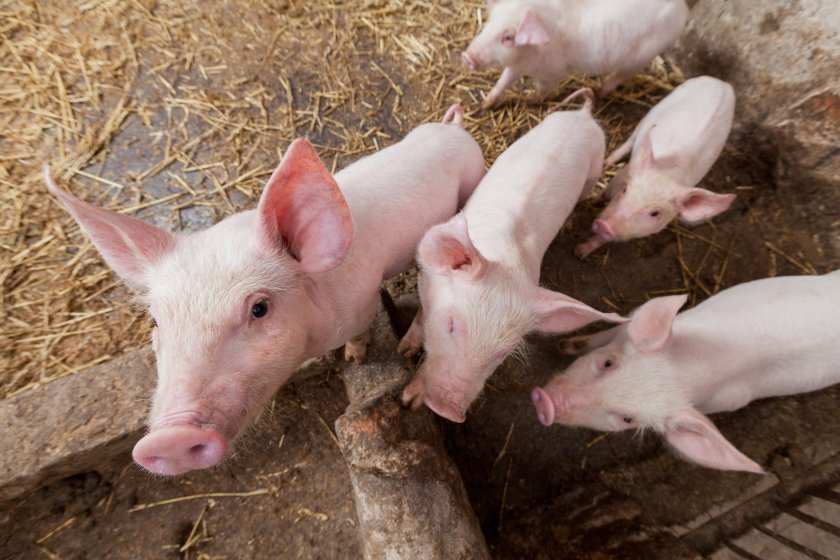
The animal health industry has welcomed new regulations which represent the biggest change to UK veterinary medicine legislation since 2013.
The new Veterinary Medicines Regulations (VMRs) set out the controls on the marketing, manufacture, distribution, possession, and administration of veterinary medicines and medicated feed.
The new rules seek to reduce the regulatory burden, facilitating the submission of one marketing authorisation application dossier and enabling common packaging to be used across the UK.
Other changes include new measures to help tackle antimicrobial resistance by increasing restrictions on the use of antibiotics and antibiotics administered via feed.
The changes, which have been widely backed by the animal health sector, apply to businesses throughout the veterinary medicines supply chain, including pharmaceutical companies, distributors and prescribers.
The Veterinary Medicines Directorate (VMD) said the new regulations include measures build on the industry's success in reducing unnecessary use of antibiotics in livestock, which will, in turn, help reduce the risk of development and spread of antimicrobial resistance.
The VMD said it would continue to work with stakeholders to help them implement the changes and to support their compliance with the regulations.
It has published updated guidance that reflects the changes, which can be found under Veterinary Medicines Guidance on GOV.UK, and further information can be found on the VMD Information Hub.
The Responsible Use of Medicines in Agriculture (RUMA) alliance said it was 'delighted' to see the VMRs come into force.
RUMA chair, Cat McLaughlin said: "The VMRs are a vital piece of legislation to which a number of important amendments have been made.
"Changes which will bring many benefits to the regulatory environment for veterinary medicines and help continue to drive forward the UK’s position as a leader in the responsible use of medicines."
The National Office of Animal Health (NOAH) also welcomed the new regulations, with its chief executive, Dawn Howard saying it was 'a momentous occasion' for the UK animal health sector.
"The 2013 regulations were no longer fit for purpose, and these reforms were essential to ensure the industry’s continued growth and success," she said.
"NOAH commends the efforts of the Veterinary Medicines Directorate (VMD) in developing the new regulations.
"The VMD’s commitment to open consultation with stakeholders throughout the process has ensured the final framework reflects the needs of all parties involved.
“A robust and modern regulatory framework that is fit for the future is essential for animal health businesses to operate with confidence and invest in the UK.”
